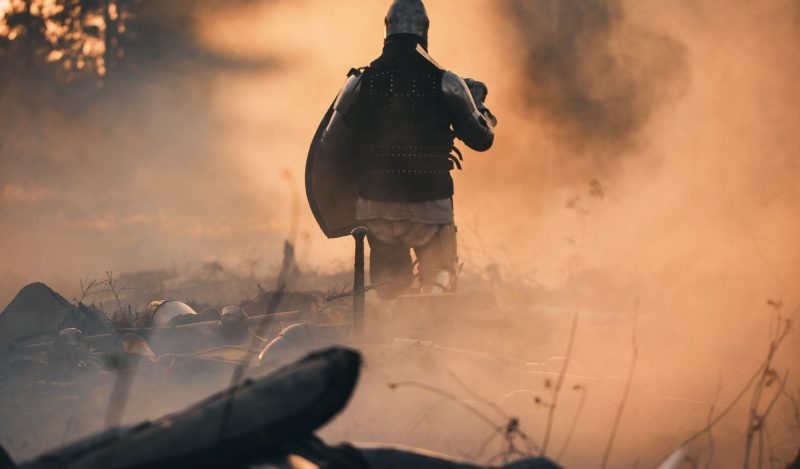Justice Is Served: Jay Bhattacharya Chosen to Be NIH Director
SHARE | PRINT | EMAIL
Jay’s nomination, after years on the “fringe” of public health and health policy, restores a sense that there is in fact justice in the world. Now he move... Read more.
“Fear”: One Year Later
SHARE | PRINT | EMAIL
I set out to understand why people were behaving in a way that would’ve been seen as unhinged just weeks before. I could see everyone becoming germophobes, an... Read more.
Florida Still Stands Alone
SHARE | PRINT | EMAIL
Florida might be the only state investigating the truth about the U.S. Covid response, but it’s still important that these efforts continue. The actions of th... Read more.
Explaining the Nocebo Effect, Emotional Contagion, and Mass Hysteria
SHARE | PRINT | EMAIL
Even if the disease itself is not mild, a pandemic wave through a population tends to reduce local stress and anxiety and focuses people on a singular goal. Thi... Read more.
Germophobia Therapy: Reality Check Edition
SHARE | PRINT | EMAIL
We all know people who are obsessed with the idea of keeping their food “clean.” Throwing any food away that sits out on a table longer than the time it tak... Read more.
A Booming Market for Medical Credentials
SHARE | PRINT | EMAIL
The insistence of bureaucratic uniformity to cut costs and catering to students wants at the expense of their needs will result in an ever-increasing number of ... Read more.
Ten Examples Where Experts Were Wrong
SHARE | PRINT | EMAIL
Unfortunately, many of these examples are not becoming outdated. Mask mandates have returned in some places, including schools, despite no high-quality supporti... Read more.
A Fungal Non-Apocalypse
SHARE | PRINT | EMAIL
Bottom line—there’s not going to be a fungal apocalypse. I say this as a fungal immunologist that would certainly benefit from making the case for a fungal ... Read more.
Long Covid Is the New AIDS
SHARE | PRINT | EMAIL
If everything can be blamed on Long COVID, then nothing can be blamed on Long COVID. It’s all confirmation studies from here on out. But since the COVID pande... Read more.
Germophobia Therapy: Hand Sanitizer Edition
SHARE | PRINT | EMAIL
With or without triclosan, hand sanitizers might be only slightly better than nothing, not just for respiratory viruses, but also for gastrointestinal viruses, ... Read more.
The Evolution of Thin Skin
SHARE | PRINT | EMAIL
Many universities have abandoned their mission of truth-seeking in favor of promoting social justice and all its quasi-religious trappings. This new mission has... Read more.
Fifteen Great Books for Summer Reading
SHARE | PRINT | EMAIL
So you’re going to the beach this summer, but have already finished the light and airy Fear of a Microbial Planet (why haven’t you left a review, by the way... Read more.









